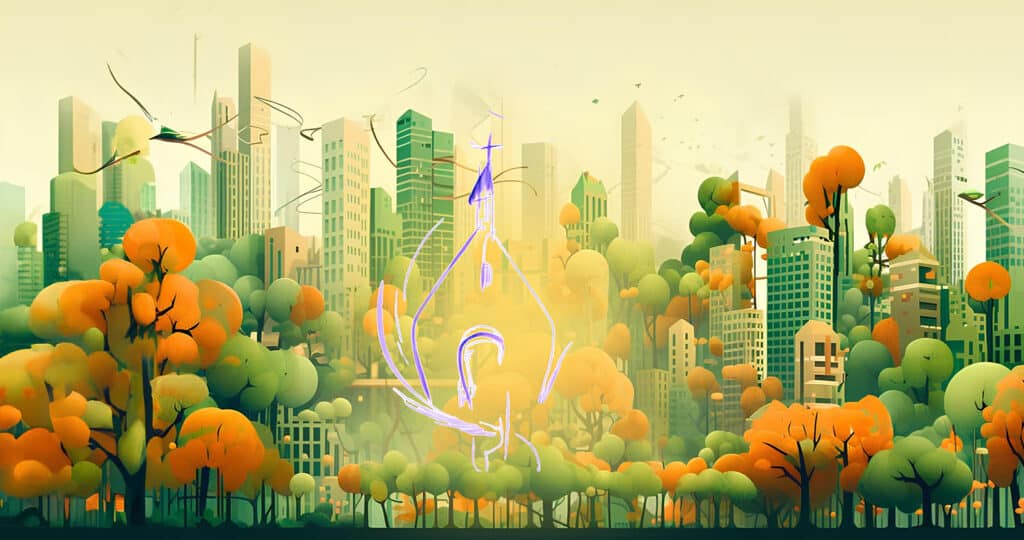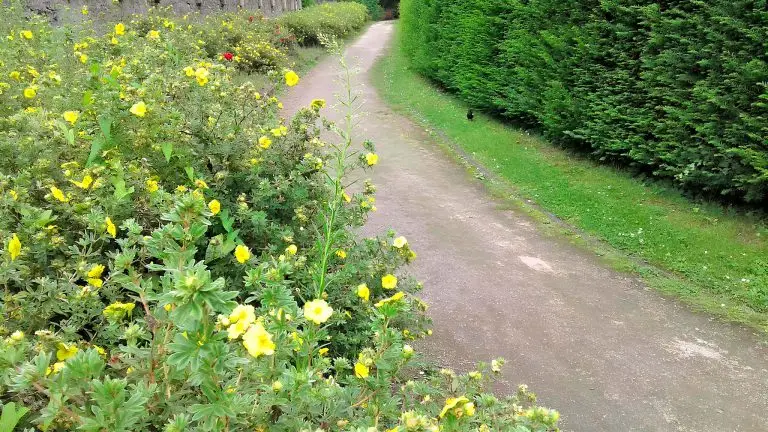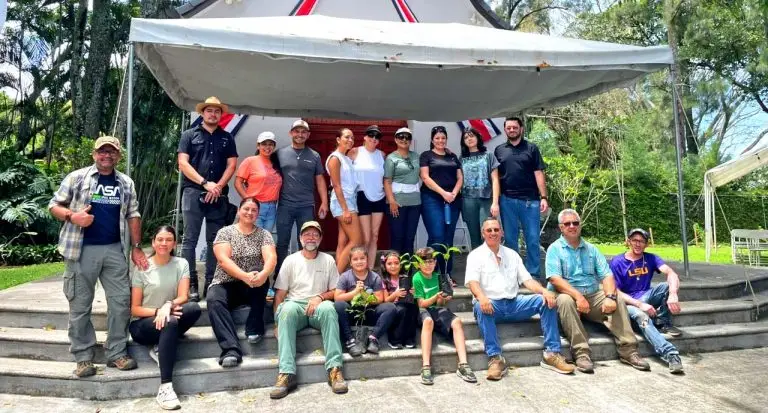Our founder, Fr. Joseph Kentenich, dedicated his life to spiritual and social renewal through the Covenant of Love with Mary. However, in his time, concern for environmental sustainability did not occupy the prominent place it holds today. Therefore, Fr. Kentenich did not directly address the issue of sustainability in his teachings.
In building the Movement, Fr. Kentenich was guided by the idea of creating in Schoenstatt a model for the Church and for society.
Now, in the 21st century, we face a climate and environmental crisis that demands an urgent response. As Schoenstatters, heirs to the spirituality of our founder, we have a responsibility to apply his principles to the challenges of our time.
The Covenant of Love calls us to be instruments of transformation in the world. This implies extending our concern for personal and social renewal to the care of creation.
Covenant of Love and sustainability
Let’s ask ourselves: How can we live our Covenant of Love in a way that contributes to environmental sustainability?
It is our duty to explore the connections between the spiritual teachings in Schoenstatt and sustainability. We may find inspiration in the following principles:
– Covenant Culture: Expanding our covenant culture to include responsibility towards nature, recognizing that we are stewards of God’s creation.
– Educating in Responsibility: Educating for conscious and ethical decision-making that considers the well-being of future generations and the preservation of the environment.
– Transformation of the World: Working for a culture of solidarity, justice and peace that includes care for our common home.
– Daily Sanctification: Living our faith in a way that sanctifies our daily actions, including the way we consume and the way we interact with nature.

Father Kentenich left us a legacy of love and commitment to the renewal of the world. Over supply, the world of a thousand things in which we live, carries the danger that we perceive all things in daily life only as items to be used and consumed. The prevailing mentality is to get rid of things in order to buy new ones. And so, the threat of an ecological crisis and catastrophe increases. The answer is to reconnect with things, to relearn what it means to call things “mine” when they are for my personal use and under my personal responsibility. This connection to things is of vital importance for our current society.
Now it is up to us, the Schoenstatters of the 21st century, to put this legacy into action, integrating environmental sustainability into our spirituality and our apostolate.
“What if we gave the Earth a maternal face, like Mary’s?
Would it inspire us to be more sustainable?”
Do you want to be part of the change?
If you feel called to contribute to a sustainable vision in Schoenstatt, we invite you to join us. Together we can make a difference!
Get involved with us! – Whatsapp +34 604 94 52 86
Rosana Silva – Our Lady of Schoenstatt Institute – Madrid
Translation: Maribel Acaron



